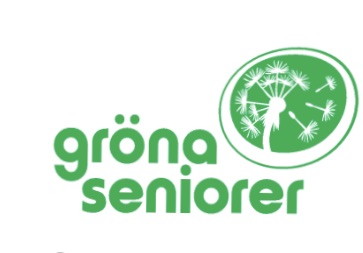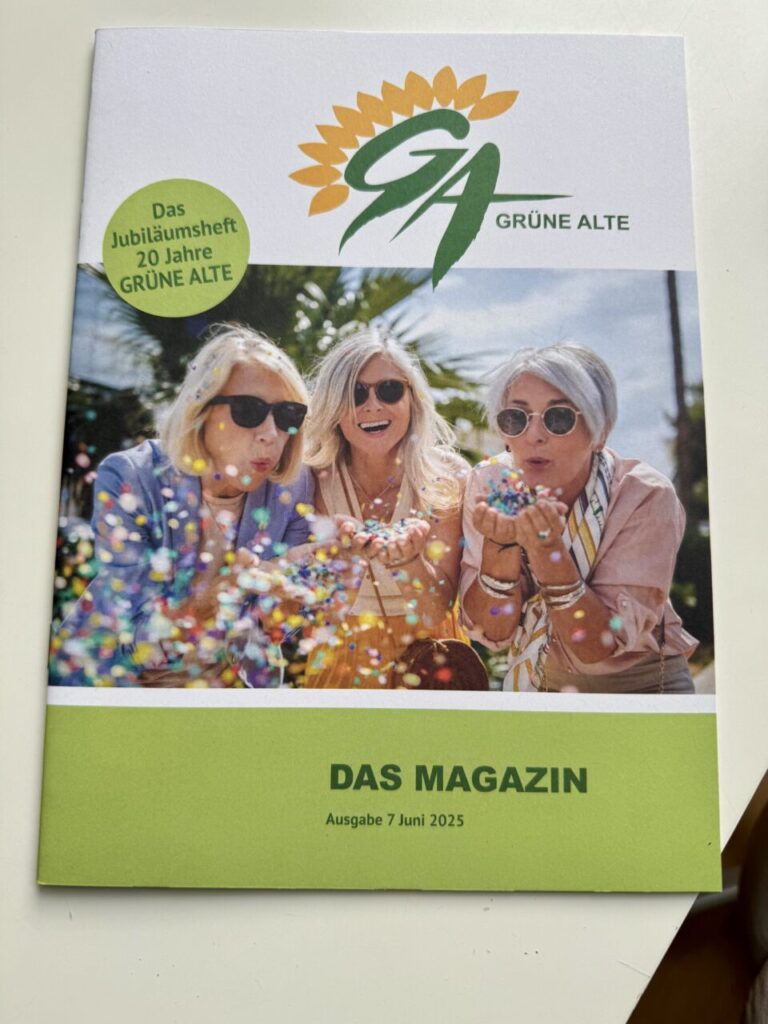ENGS Fringe Meeting -19th March 2010 in Barcelona
Venue: Hotel Husa L`lla, Avinguda Diagonal 547, Room: Numancia
Time: 15,15 h – 16,45 h
Happiness as an Aspect of a New Aging –
Another Aging is Possible
ENGS White Paper with Aging Compass and Hai Indicators
White Paper: Anita Kelles
Imput from ENGS members
Power point: Content from Lucille and produced by Birgit Meinhard-Schiebel
Workshop Leader: Introduction and leading the discussion: Anita Kelles
Agenda:
1. Introduction: Why is this theme necessary for us ?
a) Not the aging courses costs ! No, it the lack of social inclusion.
b) It is the wrong politics:
Bad aging is an economic, social and deeply political issue.
2. We want to change the politics for the European elderly
a) What is important for you about aging in your country ?
b) HAI means Happy Aging Indicator – Explanation of the term and why we use it
We put together a set of indicators of ENGS member countries
3. Talking about the best practise models from each country
4. What can we win from this white paper?
Anita introduced the White Paper. At the mean time Birgit Meinhard-Schiebel showed the power point presentation, which corresponded to the content of Anita`s lecture.
Anita first mentioned that the baby boomers changed the society, so we will do now.
We cannot be presented by younger people, because they know nothing about us.
The future do not belong to the youth alone, citizenship belongs to all members of the society. We, ENGS, want to perform with all Greens.
She explained the HAI (Happy Aging Indicator) and which statistics we use to compare the situations in the different European member countries of ENGS.
(See attached introduction paper of Anita. “Another aging for Europe” !)
We will work on the paper in three steps:
- Part: HAI
- Part: Good Practise Models
- Part: Political Agenda
Because numbers in the paper will change, we have over a longer time to correct and add issues to the paper.
First part was distributed as a paper.
The focus in this workshop was put on second part: We talked about good practice models and collected a lot. In the next time they will be add to the White Paper.
Here are some comments made by the participants:
– The life expectancy in many countries is different. For example in Malta the elderly live longer. Elderly do not retire on the country side before they are not able to work anymore. There the families take care of them. Old people homes are rare.
– In Great Britain most people go into old peoples homes.
– In Denmark elderly people are treated like citizens. Their state pays a lot of money for an integrated prevention.
– In other countries there is a lack of money for prevention. To find a political agenda for a good life of young and old, politicians should decide to set up the Tobin Tax
– The health expectancy of elderly over 75 is lower, because they need more medicine and do not get all they need. Only the rich can pay for it.
– In the Netherlands migrants have a problem with good pensions, because in their home countries they did not build up a pension basic money.
– In Ireland elderly and handicapped they mention together.
Women with the age of 55 do not get breast screening. But the statistics says that breast cancer often arises with 55.
– In Austria they have a proposal to bring special elderly rights into their constitution like the children rights.
Question: Why should it be specified ? All people have the same rights.
Answer: It is not enough to have human rights. If it is not in the constitution at the court it is not a real binding law.
– In Belgium they have “kangaroo houses”, in which younger families live together with older people, who help each other.
– From countries like Irak their family members now live in different states in Europe or Canada. Grand parents stay back alone and loose their families. Normally they have a strong family binding.
– For example in Germany: Here are living many migrants who became old now and in
about ten years time they need care. The whole responsibility lays in the hands of their
children, because they are expected to take care of the parents. But their live changes also and they have not the time to take care of them. In this case they need help.
The question is, do we have old people homes for them where they like to stay and
want. In Germany we have a good example of a multi culture home for elderly. But even their
is the question, if it is possible to integrate all inhabitants of that generation.
(Ute Schmitz, 24th March 2010)



